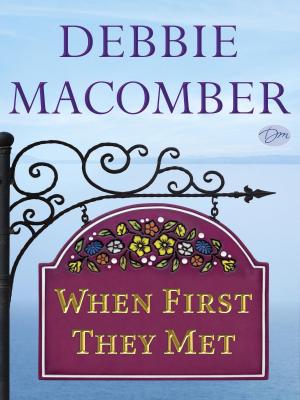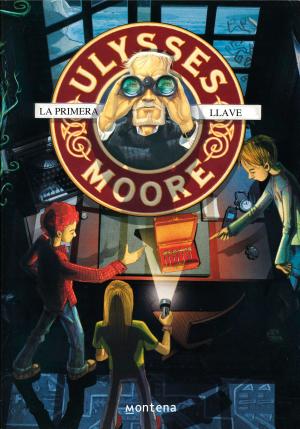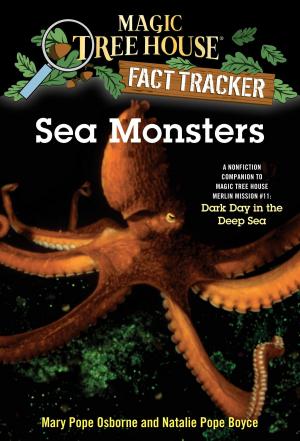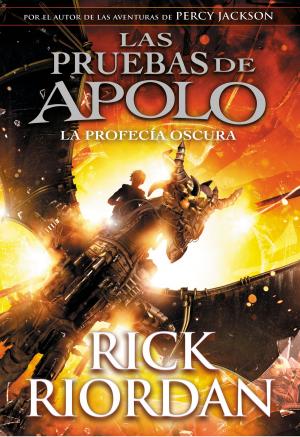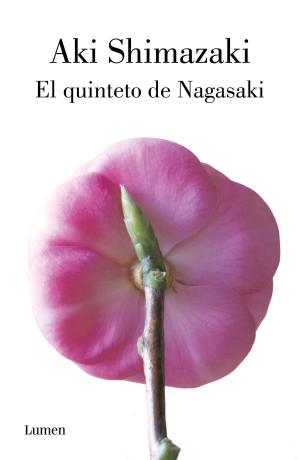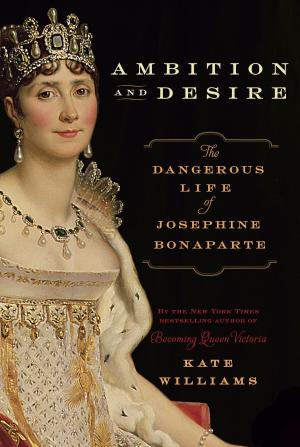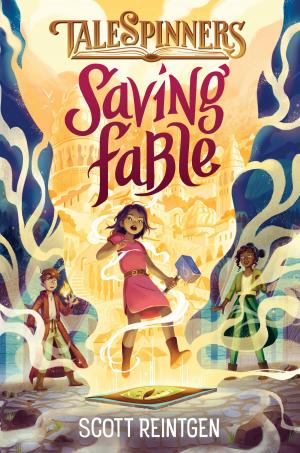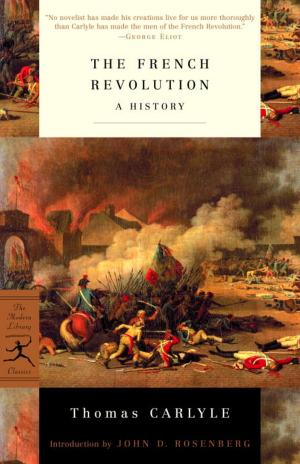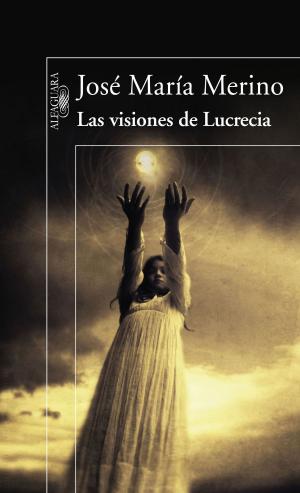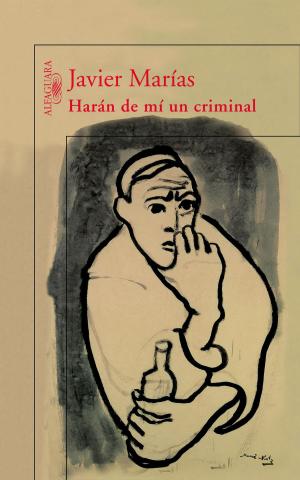| Author: | Mariusz Wilk | ISBN: | 9781446484623 |
| Publisher: | Random House | Publication: | June 30, 2011 |
| Imprint: | Vintage Digital | Language: | English |
| Author: | Mariusz Wilk |
| ISBN: | 9781446484623 |
| Publisher: | Random House |
| Publication: | June 30, 2011 |
| Imprint: | Vintage Digital |
| Language: | English |
In 1991 Mariusz Wilk, a Polish journalist long fascinated by the mysteries of the Russian soul, decided to take up residence in the Solovki islands, a lonely archipelago lost amid the far northern reaches of Russia's White Sea. For Wilk these islands represented the quintessence of Russia: a place of exile and a microcosm of the crumbling Soviet empire. On the one hand, they were a cradle of the Orthodox faith and home to an important monastery; on the other, it was here that the first experimental gulag was built after the 1917 revolution. Over the course of years Wilk came to know every single one of the islands' 1000 or so residents. From his remote home, from which he sent regular despatches to the Paris-based Polish newspaper Kultura, he attempted to observe and come to terms with the complexities and contradictions of Russian history, its glorious past and the cruelty of Soviet Communism. In the process, he has written a most unusual travel book, a beautifully descriptive work that belongs in the best tradition of writers such as Norman Lewis, Patrick Leigh Fermor and Claudio Magris.
In 1991 Mariusz Wilk, a Polish journalist long fascinated by the mysteries of the Russian soul, decided to take up residence in the Solovki islands, a lonely archipelago lost amid the far northern reaches of Russia's White Sea. For Wilk these islands represented the quintessence of Russia: a place of exile and a microcosm of the crumbling Soviet empire. On the one hand, they were a cradle of the Orthodox faith and home to an important monastery; on the other, it was here that the first experimental gulag was built after the 1917 revolution. Over the course of years Wilk came to know every single one of the islands' 1000 or so residents. From his remote home, from which he sent regular despatches to the Paris-based Polish newspaper Kultura, he attempted to observe and come to terms with the complexities and contradictions of Russian history, its glorious past and the cruelty of Soviet Communism. In the process, he has written a most unusual travel book, a beautifully descriptive work that belongs in the best tradition of writers such as Norman Lewis, Patrick Leigh Fermor and Claudio Magris.

